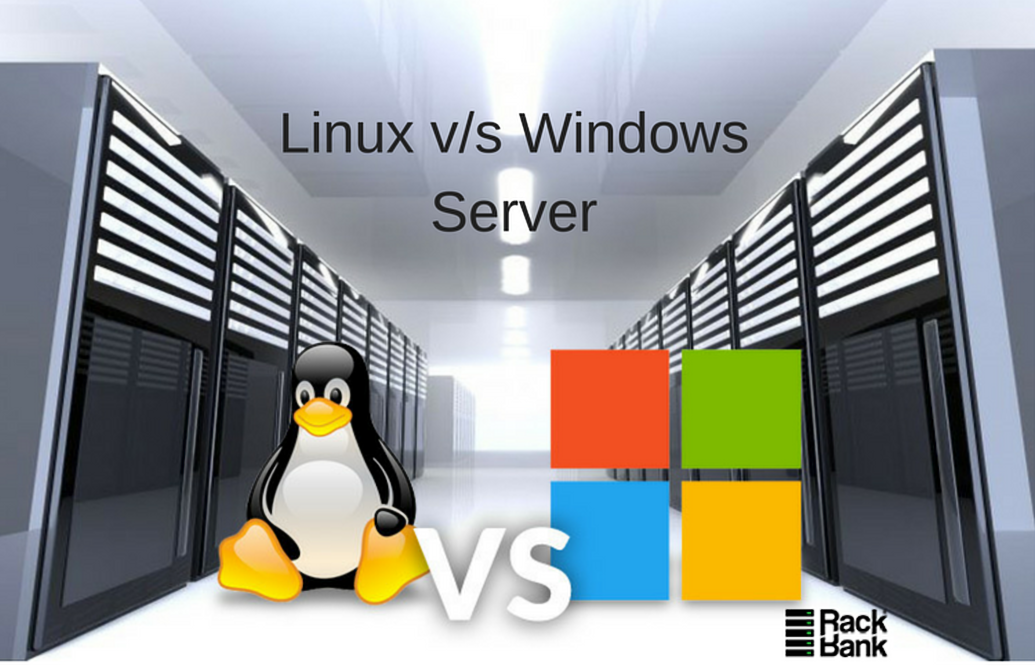Choosing Between Windows and Linux Servers: A Guide
Server Familiarity
The easiest server operating system to use is the one that administrators are most familiar with. For many, this is Windows due to its dominance on desktops. Sitting a Linux expert down at a Windows server would result in similar confusion and frustration as the reverse. While experience gives Windows admins an edge, skilled Linux admins can easily pick up Windows administration as well. Overall, choosing the more familiar OS offers the smoothest administration experience.

Application Compatibility
Some key back office business applications like ERP suites only support Windows servers. If critical line-of-business systems have Windows dependencies, that should be a major consideration. However, many common applications now support both Linux and Windows equally. Application requirements are less likely to dictate one platform over the other than in the past.
Server Stability and Uptime
Linux tends to offer stronger stability with fewer disruptive security updates and driver issues compared to Windows. Automatic security patching is safer for production Linux servers, minimizing disruption from update testing. Windows servers often require manual updates and testing to avoid breakage. Unexpected reboots from patches can cause costly downtime. Linux generally demands less hardware to match Windows performance as well. These factors favor Linux for mission-critical systems where uptime is paramount.
Total Cost of Ownership
While Windows admins may be somewhat easier to find at lower rates, lifetime staffing costs even out between the platforms. Linux expertise grows steadily as more adopt the platform. Though hardware costs once gave Windows an edge, optimized Linux usage now matches or beats Windows performance-per-dollar. Overall ownership expenses are comparable when factoring hardware, software licensing, support and personnel. Neither has a clear TCO benefit in most environments.
Management Overhead
Day-to-day server management is generally less work intensive on Linux. Built-in tools automate many routine tasks like security patching and log analysis. Problems are typically resolved with online guidance or community help. Windows servers require more hands-on maintenance for issues like driver management, patching testing and virus definition updates. Higher visibility and certification demands placed on Windows admins increase operational overhead long-term.
Technical Merit
Neither platform is inherently more secure, stable or full-featured for all workloads. Both thrive in different markets through ongoing improvements. Ultimately, technical decisions depend on the specific deployment context - no single OS best suits all environments. An unbiased evaluation of server roles, applications, scale, budgets and staff skills is needed to identify the most appropriate solution. Politics and preconceptions should not outweigh pragmatic considerations.
Making the Right Choice
In summary, there is no single “best” server operating system. Each has clear strengths for the right scenarios. Windows familiarity and some line-of-business application dependencies may tip the scale for some, while others favor Linux reliability and optimization. An objective audit of real needs, not biases, facilitates selecting the optimal platform. Both have valid use cases, and hybrid environments blending the two are increasingly common as well. The right answer depends on accurately understanding requirements rather than platform preference alone.
Summary
To conclude, there is no universal “right choice” between Windows and Linux servers. Both excel in their respective strongholds. The most appropriate solution emerges from clear-eyed assessment of roles, workloads, available skills, budgets and change tolerance rather than biases. Windows strengths include wide application compatibility and administrator familiarity, while Linux offers reliability, automation and optimization. A balanced evaluation identifies the optimal platform fit rather than adherence to preconceptions. Ultimately the best server OS is the one best aligned with identified priorities and constraints.
